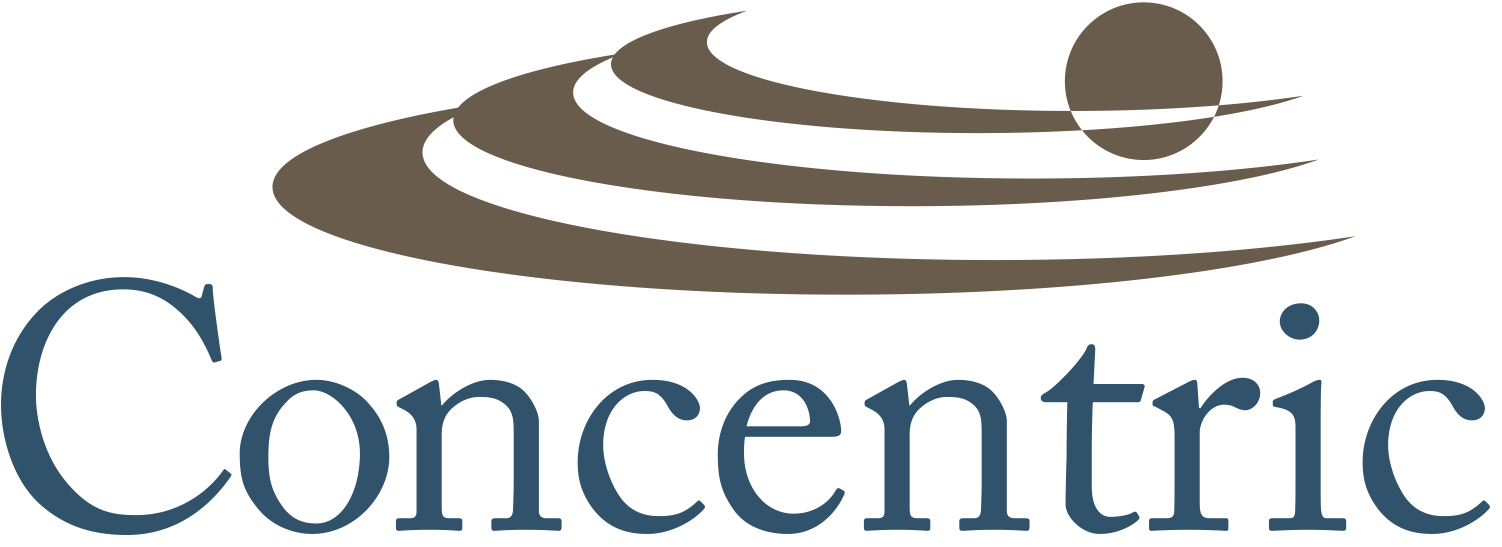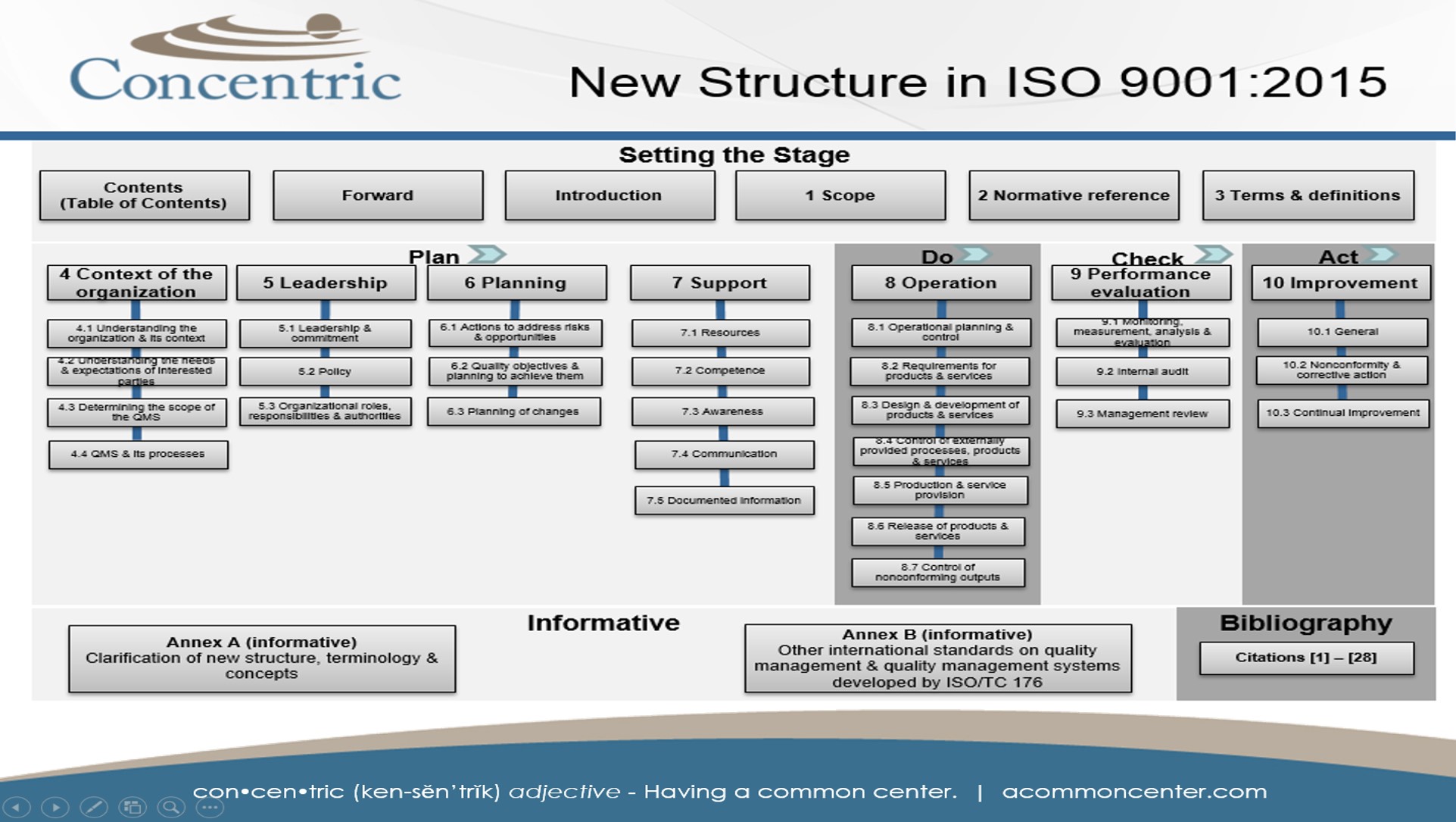If your answer is YES, which best describes the motivation for this adoption:
- This Standard is your industry’s general practice?
- It is your customer’s request?
- It is a Marketing initiative to improve your competitiveness?
- Or simply because you are ISO 9001:2008 and want to keep the registration?
You may acknowledge one or more of the justifications above as genuine enough in your case. However, your organization’s leadership truly believes that the very first statement of the ISO 9001:2015, clause 0.1 Introduction, is valid, and that’s significantly larger than all the justifications above combined!
“The adoption of a quality management system is a strategic decision for an organization that can help to improve its overall performance and provide a sound basis for sustainable development initiatives”.
The understanding of this Standard’s requirements, recommendations and permissions demonstrates an intuitive and logical rational that concludes that none of the requirements are unhelpful or useless. Indeed, compliance with ISO 9001:2015, means the minimum applied efforts and resources to achieve a better business structure, with more productivity, more competitiveness and, sure, more growth. Let us explain this rational!
Read More





















